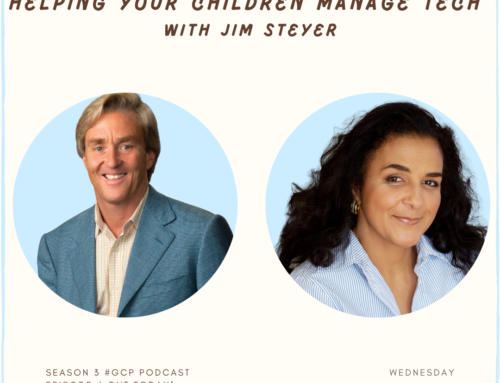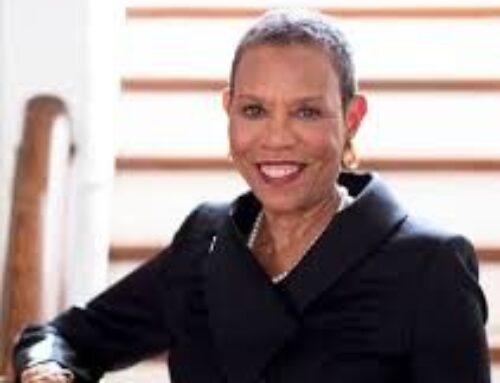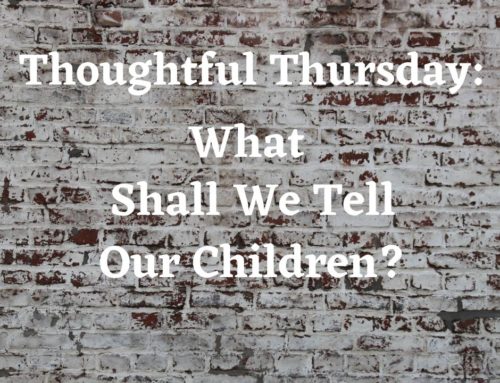Inspiration for today’s post came in a conversation this afternoon with a dear friend about a documentary film she is producing about Paul Williams, the renowned African American architect. She described interviewing an African American architect who worked with Williams. This architect came from a family of doctors and lawyers, and my friend asked him how he came to be an architect. He replied, “Growing up, I didn’t know what I was going to do, but I knew I was going to do something. I didn’t have to be a doctor or a lawyer, but I had to be something.” He knew that whatever he did, he was supposed to have a “meaningful, purposeful life”.
He grew up knowing that he had to do something, he had to be something. So simple. But what an important and powerful message for us to deliver to our boys, and to hear ourselves.
Our sons don’t always have to have specific goals and dreams for the future which they must pursue everyday; great if they do, but so many of them don’t. They don’t have to know exactly what they are going to be when they grow up. Their discovery of their passions and their development of their expertise is a journey we can gear them up for, but we can’t manage for them. We just have to make sure they know that they have to do something, and they have to be something. They have to develop the will to do what it takes to get there.
How do we make sure they know they have to do something? We can show them by example; by doing all we can to live meaningful, purposeful lives ourselves for our boys to see. We can take the time to talk to them about why we do what we do professionally; the satisfaction it brings to solve problems, help others, use our expertise. We can also talk about why we do what we do outside of work: why and where we volunteer, why we read books and newspapers, how we continue to learn, why we go to church, what we believe. Sometimes we are so caught up in doing what we do we don’t take the opportunity to talk to our boys about it. Rather than consistently give them a hard time about what they are not doing, we can show them how satisfying it is to do something.
The vagueness of that “something” is also important for us to remember. Our sons don’t have to be what we want them to be. For some of us, achieving our professional goal is one of the greatest accomplishments of our lives. For others, our failure to achieve it haunts us regularly. In either case, small wonder that our expectations for our sons are usually higher than those we had for ourselves. If they show an interest in science, we tell them they can be rocket scientists. If they have writing talent, their great American novel is but a few drafts away. But the weight of such lofty expectations can crush even the most curious mind. We have to remember to be supportive of the something they are interested in doing even if it is not the something we imagine, hope, dream, or just plain know that they should do.
Perhaps my friend’s story struck such a chord with me because I know how hard it is to remember all of this for my children and for myself. I’ve known families where children with a diversity of talents and achievements were celebrated, and I’ve known families who have unwittingly squashed their sons with their expectations, then wondered why they weren’t measuring up. In fact, I’ve both celebrated and squashed my own children from time to time. It’s hard to find the perfect balance between helping our sons stay as motivated as we know they have to be and giving them room to grow towards their meaningful, purposeful lives. But as we tell our sons, just because something is hard doesn’t mean it can’t be done.
If our sons grow up knowing that they have to do something, and be something, and live a meaningful, purposeful life, we parents should proudly pat ourselves (and them) on the back. While we all know it is ultimately not that simple, these simple words can take us all a long way.





